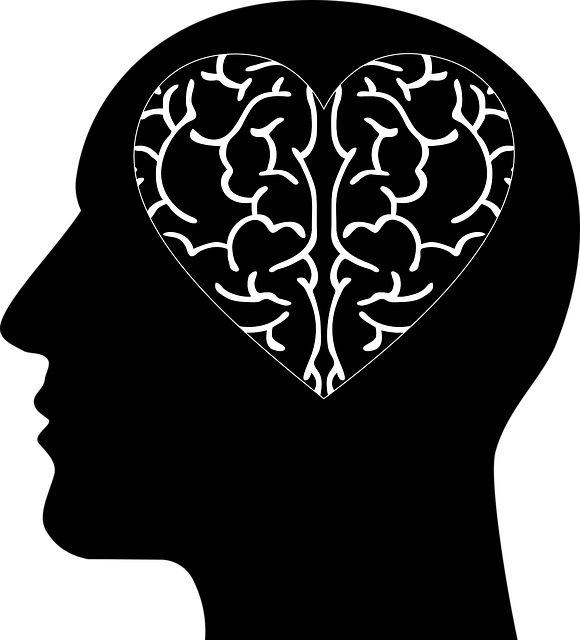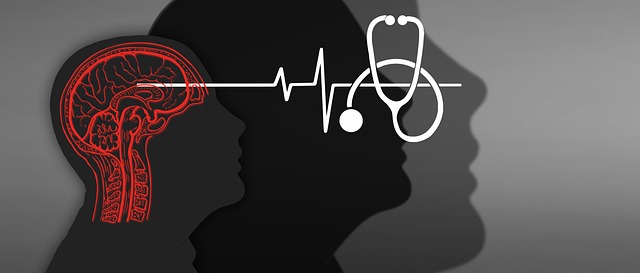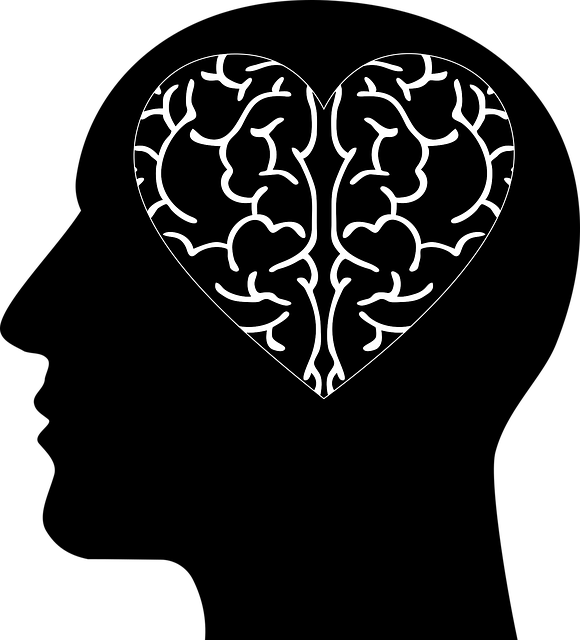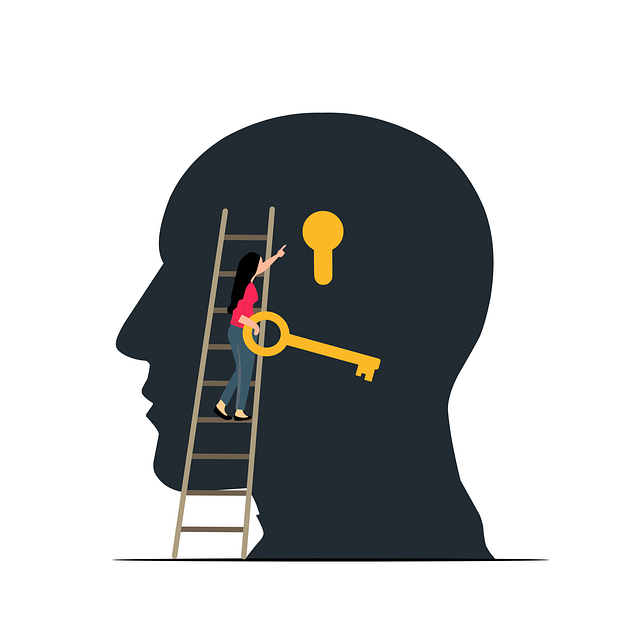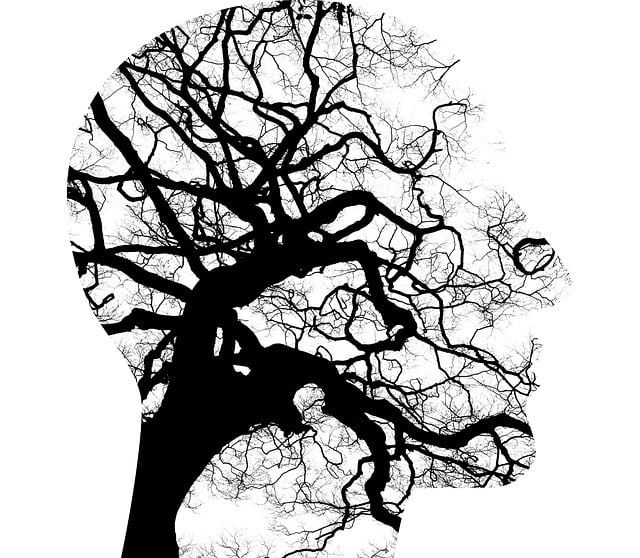Mental health literacy is a crucial tool for empowering individuals to manage their emotional well-being, preventing conditions like depression and anxiety, and reducing stigma. Platforms like Centennial Online Therapy are revolutionizing mental healthcare through accessible remote therapy sessions, interactive learning modules, and continuous care tracking. Their focus on engaging content, cultural sensitivity, and safe digital spaces fosters effective healing environments. Evaluating their programs using data-driven strategies ensures continuous improvement, aligning with Centennial Online Therapy's commitment to online therapy innovation for contemporary mental health needs.
Mental health education programs play a pivotal role in fostering well-being and resilience. In today’s digital age, innovative approaches like online therapy platforms have revolutionized access to support, making it imperative for educators to integrate these tools effectively. This article explores key aspects of designing comprehensive mental health programs, from enhancing literacy to creating interactive learning experiences, safe spaces, and measuring success through evaluation. By leveraging resources like Centennial Online Therapy, educators can empower individuals with lasting coping strategies.
- Understanding Mental Health Literacy: Laying the Foundation for Effective Programs
- Integrating Online Therapy Platforms: A Modern Approach to Access and Support
- Designing Interactive Learning Modules: Engaging Minds for Lasting Impact
- Fostering Safe Spaces: Confidentiality, Empathy, and Supportive Communities
- Measuring Success: Evaluating the Effectiveness of Mental Health Education Initiatives
Understanding Mental Health Literacy: Laying the Foundation for Effective Programs

Mental health literacy is a crucial foundation for designing effective education programs, especially in today’s digital age where online therapy platforms like Centennial Online Therapy play a significant role. It refers to the knowledge and understanding that individuals have about mental health, including recognizing symptoms, comprehending treatment options, and effectively supporting themselves and others. By enhancing mental health literacy, we empower folks to navigate their emotional well-being proactively.
This literacy equips people with essential tools for depression prevention, anxiety relief, and resilience building. It enables them to identify early warning signs of mental health issues, fostering timely intervention. Moreover, mentally literate individuals can contribute to a more supportive environment, reducing stigma and encouraging open conversations about mental health. Such a culture shift is vital for implementing successful programs that promote overall well-being, especially among younger generations.
Integrating Online Therapy Platforms: A Modern Approach to Access and Support

In today’s digital era, integrating online therapy platforms has emerged as a modern approach to enhancing mental health access and support. Centennial Online Therapy, for instance, offers a convenient and accessible solution, allowing individuals to receive therapy from the comfort of their homes. This shift towards digital therapy is particularly beneficial for those facing barriers such as geographical constraints, transportation issues, or time limitations. By leveraging technology, online platforms democratize mental healthcare, ensuring that more people can access professional support without the traditional challenges.
Furthermore, these platforms often incorporate innovative features like live video sessions, secure messaging, and self-help resources tailored to individual needs. They also facilitate continuous care by enabling therapists to monitor progress, offer real-time feedback, and adjust treatment plans as necessary. In light of the growing demand for mental health services, especially post-pandemic, Burnout Prevention Strategies for Healthcare Providers and Mental Illness Stigma Reduction Efforts have become crucial. Online therapy platforms, with their reach and flexibility, play a pivotal role in supporting not only individual patients but also in organizing Stress Management Workshops on a larger scale, contributing to broader Mental Illness Stigma Reduction efforts.
Designing Interactive Learning Modules: Engaging Minds for Lasting Impact

Designing Interactive Learning Modules plays a pivotal role in shaping effective mental health education programs, ensuring that knowledge translates into lasting behavior change. By incorporating engaging and interactive elements, such as case studies, role-playing scenarios, and multimedia resources, educators can capture and maintain participants’ attention, fostering deeper understanding and emotional connection to the material.
Centennial Online Therapy recognizes this need for dynamic learning experiences. Their mental wellness coaching programs development prioritizes cultural sensitivity in mental healthcare practice, ensuring that training materials resonate with diverse audiences. Healthcare provider cultural competency training is integrated throughout interactive modules, empowering professionals to offer tailored support that respects individual backgrounds and promotes inclusive healing environments. This approach not only enhances learning but also prepares practitioners to navigate the complex tapestry of cultural nuances encountered in their work.
Fostering Safe Spaces: Confidentiality, Empathy, and Supportive Communities

Creating safe spaces is a cornerstone of effective mental health education programs. In the digital age, platforms like Centennial Online Therapy offer unique opportunities to foster supportive communities virtually. Confidentiality plays a pivotal role in encouraging individuals to open up and share their experiences, knowing their privacy is respected. This fosters an environment where people feel empowered to discuss their struggles and seek help without fear of judgment.
Empathy and understanding are cultivated through interactive sessions that promote active listening and compassionate communication. By integrating these principles, mental health education programs can enhance participants’ emotional regulation skills and resilience building. Encouraging peer support within these safe digital spaces allows individuals to tap into their inner strength development, creating a sense of belonging and empowerment.
Measuring Success: Evaluating the Effectiveness of Mental Health Education Initiatives

Evaluating the success and effectiveness of mental health education initiatives is paramount to understanding their impact and identifying areas for improvement. This process involves a multifaceted approach, encompassing both qualitative and quantitative methods. By assessing participant satisfaction, changes in self-reported mental health symptoms, and improvements in coping mechanisms, educators can gauge the tangible benefits accrued from these programs.
Centennial Online Therapy, for instance, has pioneered innovative platforms that facilitate Mood Management and Coping Skills Development through accessible digital channels. Through regular surveys, case studies, and feedback sessions, the program’s effectiveness is measured, allowing for the integration of Compassion Cultivation Practices to enhance overall participant well-being. This data-driven approach ensures continuous refinement, ensuring the initiative remains responsive to evolving mental health needs in today’s digital age.
Mental health education programs play a pivotal role in fostering well-being and breaking down stigma. By integrating online therapy platforms like Centennial Online Therapy, designing interactive learning modules, creating safe spaces, and implementing robust evaluation methods, we can ensure these initiatives have lasting impact. Each component—from foundational literacy to supportive communities—is essential for effective mental health education that empowers individuals to lead happier, healthier lives.

